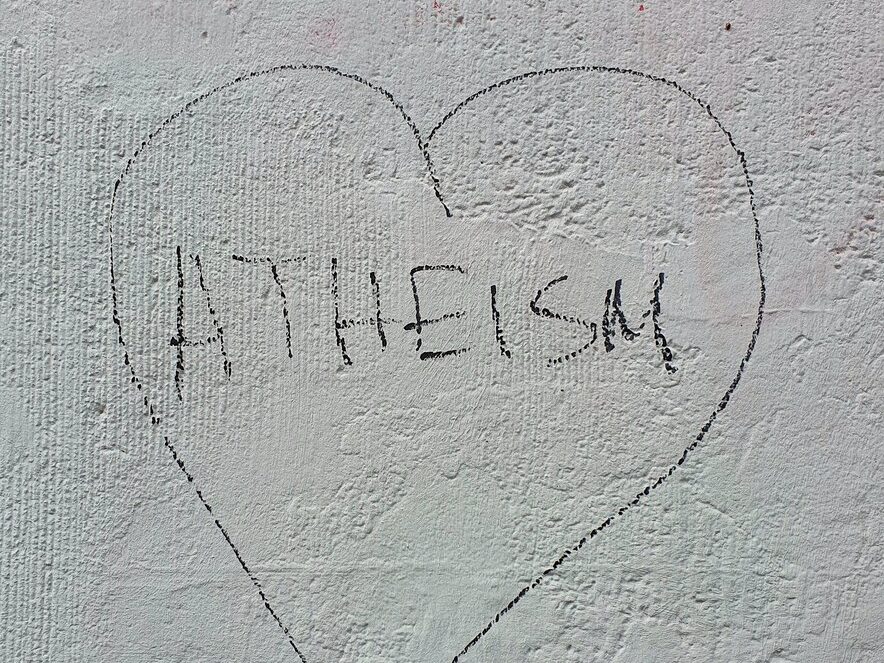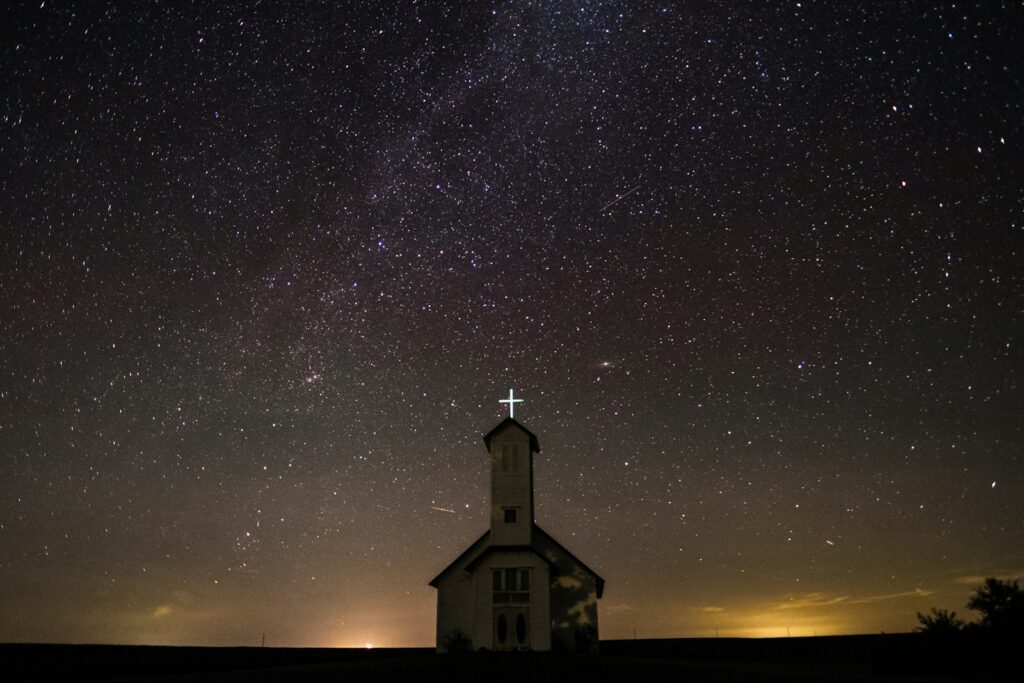
Atheism is simply the lack of belief in God or any deities that exist. It’s hard to say exactly how many people are atheists since surveys usually don’t distinguish between those who are just irreligious and those who are specifically atheists. But one thing is clear—atheist numbers are on the rise worldwide. How much do you know about this belief system? Here are 10 surprising facts about atheism you should check out.
The Name is a Historical Accident

The term “atheism” originally popped up at a time when religion was the default belief in most cultures. People who didn’t believe in gods were labeled “atheists” because it was a way to define them against the dominant religious ideas. The term gained more attention during the Enlightenment when thinkers started pushing back against religious norms. So, the name really came about because of history, not because atheists decided to identify with it.
Atheism Doesn’t Equal Anti-Religion

Atheism just means not believing in gods—it’s not about having a strong opinion on religion overall. Lots of atheists respect people’s right to believe in whatever religion they choose, and they don’t feel the need to clash with people of faith. In fact, some atheists even think religion can be a force for good as long as it’s practiced peacefully and doesn’t step on anyone else’s freedom.
Atheism Isn’t Dogmatic

Atheism isn’t a belief system—it’s simply the lack of belief in gods. Because of that, there’s no dogma or specific ideology that comes with it. Atheists can have all kinds of views on things like ethics, politics, or philosophy, which means atheism leaves room for tons of personal differences. They can be liberal, conservative, or hold any number of other perspectives, but they all share one thing in common: a lack of belief in a deity or deities.
Atheists Aren’t Saying ‘God Definitely Doesn’t Exist’

One important thing to know is that atheism doesn’t claim to know for sure that God doesn’t exist—it just says there’s not enough evidence to believe in God. A lot of atheists are actually agnostic, meaning they’re open to the idea of a god but don’t find any solid proof for it. It’s more about being skeptical and holding off on belief rather than insisting that God’s non-existence is an absolute fact.
Some Atheists Are in the Clergy

You might be surprised to hear that some people working in religious institutions are actually atheists. Even though they don’t believe in the deity their church promotes, they still take part in rituals or offer guidance to their communities. This tends to happen more in certain denominations or more secularized religious settings, where people can fill clergy roles without fully believing in the core teachings of the religion.
Morality Doesn’t Need God

Many atheists believe that morality comes from reason, empathy, and the need to get along in society. Thinkers like John Stuart Mill and Immanuel Kant laid out ethical ideas that didn’t rely on a god but on rational thinking. A lot of atheists argue that you don’t need divine commands to act morally and that humans can figure out what’s right and wrong through understanding the consequences of our actions.
The Soviet Union Wasn’t Fully Atheist

While the Soviet government pushed atheism and secularism, saying the whole Soviet Union was an atheist isn’t quite right. The government’s move to suppress religion was more about politics—trying to grab power and control—rather than actually trying to get rid of religious belief. Even though religious practices were limited, a lot of people in the Soviet Union still practiced their faith privately (away from the government’s watchful eye).
Most People Don’t Turn to Religion on Their Deathbeds

There’s a common belief that people always turn to religion as they near death, but that’s not really true. Sure, some people find comfort in religion during tough times, but most don’t suddenly convert at the end of their lives. Many people stay secular or non-religious all the way through, even in their final moments. The idea of a “deathbed conversion” is more of a cultural myth than reality.
Atheism Isn’t the Same as Scientism

Atheism is the lack of belief in gods, while scientism is the belief that science is the only way to truly understand the world. Atheism doesn’t automatically mean you have to believe science is the be-all and end-all—many atheists also value things like art, philosophy, and human experience. Scientism is more of a specific belief that science can and should answer every question, whereas atheism is simply not buying into the idea of a deity due to a lack of evidence.
Atheists Can Face Death in Some Countries

In certain parts of the world, being an atheist can still put you at risk. Around a dozen countries have laws that punish people for renouncing religion, with some even carrying the death penalty (Saudi Arabia is one of them). These laws are often a mix of religious and political power, where rejecting belief in a deity is seen as a threat to both the state and the religious system in place.
